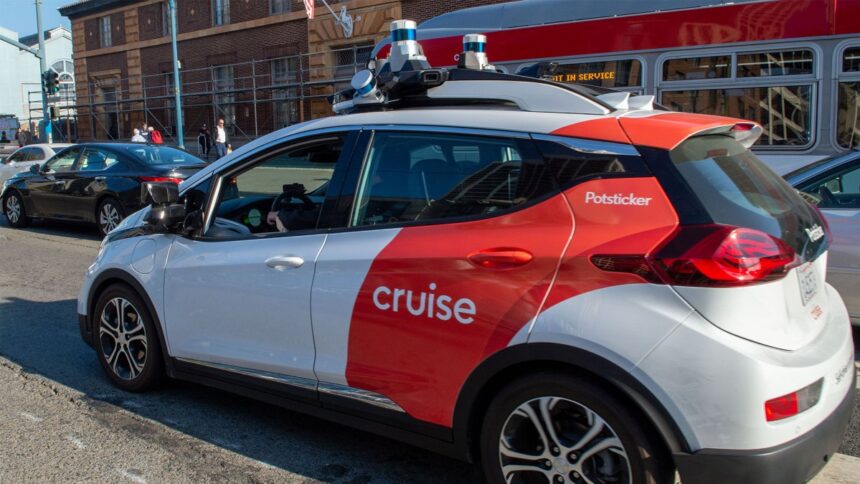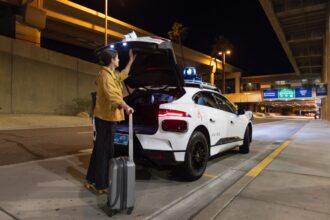Cruise is returning to the streets of Sunnyvale and Mountain View for the first time since it paused operations in the Bay Area after a robotaxi struck a pedestrian in October 2023.
The company said Thursday that it will put “several” vehicles driven by humans in the two cities that will initially perform mapping. The company said it hopes to progress to supervised AV testing of up to five robotaxis “later this fall.”
“Resuming testing in the Bay Area is an important step forward as we continue to work closely with California regulators and local stakeholders,” the company said in a post on X. “This will allow our local employees to engage directly with our product as they refine and improve our tech through R&D.”
The decision to bring Cruise’s autonomous Chevy Bolts back to the Bay Area comes just a few months after the company reached a settlement with California’s Public Utilities Commission. As part of that deal, Cruise paid a $112,500 fine for failing to provide full information about the October 2023 crash.
That crash, which involved a Cruise AV hitting and then dragging a pedestrian after she was struck by a human-driven car, kicked off a series of events that ultimately led to a restructuring of the robotaxi company.
Shortly after the crash, Cruise divorced itself from much of its leadership team, including co-founder and CEO Kyle Vogt. Parent company General Motors installed new leadership and, this past June, plugged another $850 million into the robotaxi subsidiary. (Cruise also settled with the pedestrian earlier this year.)
Since June, Cruise slowly returned its AVs to the streets of Phoenix and Dallas, and simultaneously scrapped its purpose-built robotaxi, known as the Origin.
Cruise also issued a series of software updates to resolve a recall of its robotaxis, and the National Highway Traffic Safety Administration closed a probe into reports of braking problems. In August, Cruise announced that it had signed a multi-year partnership agreement with Uber to bring its robotaxis to the ride-hailing platform in 2025 — joining rival Waymo, which has had its robotaxis available on Uber’s platform since 2023.
Source : Techcrunch






